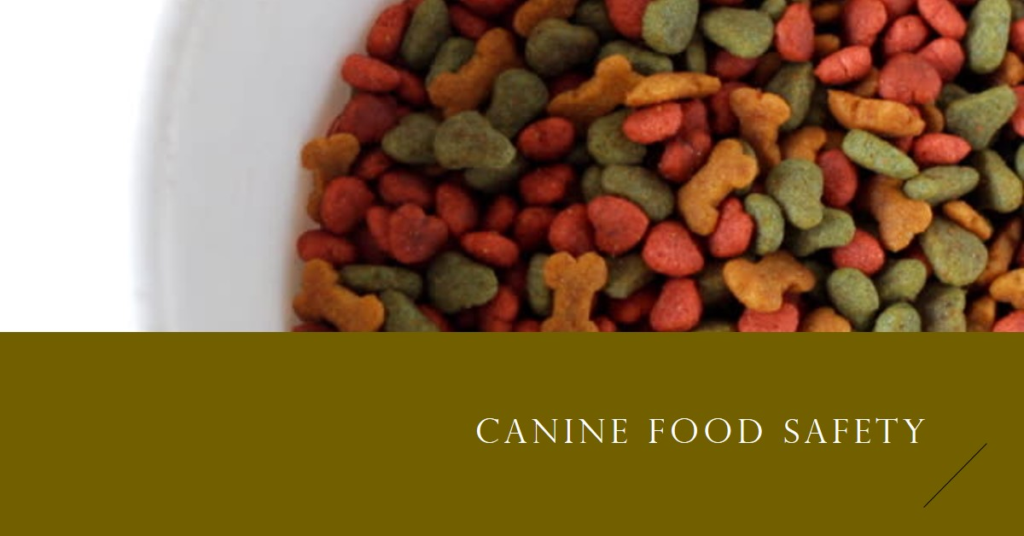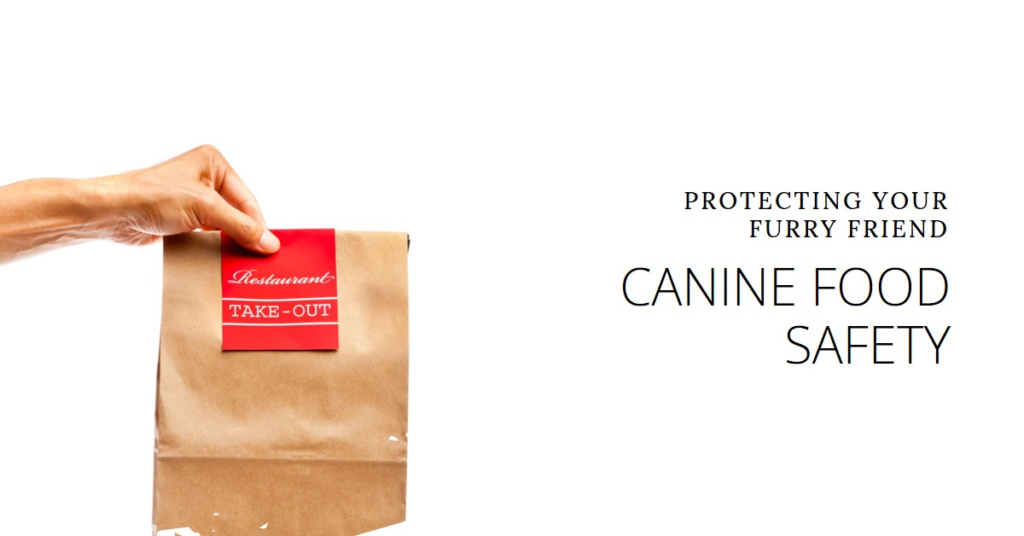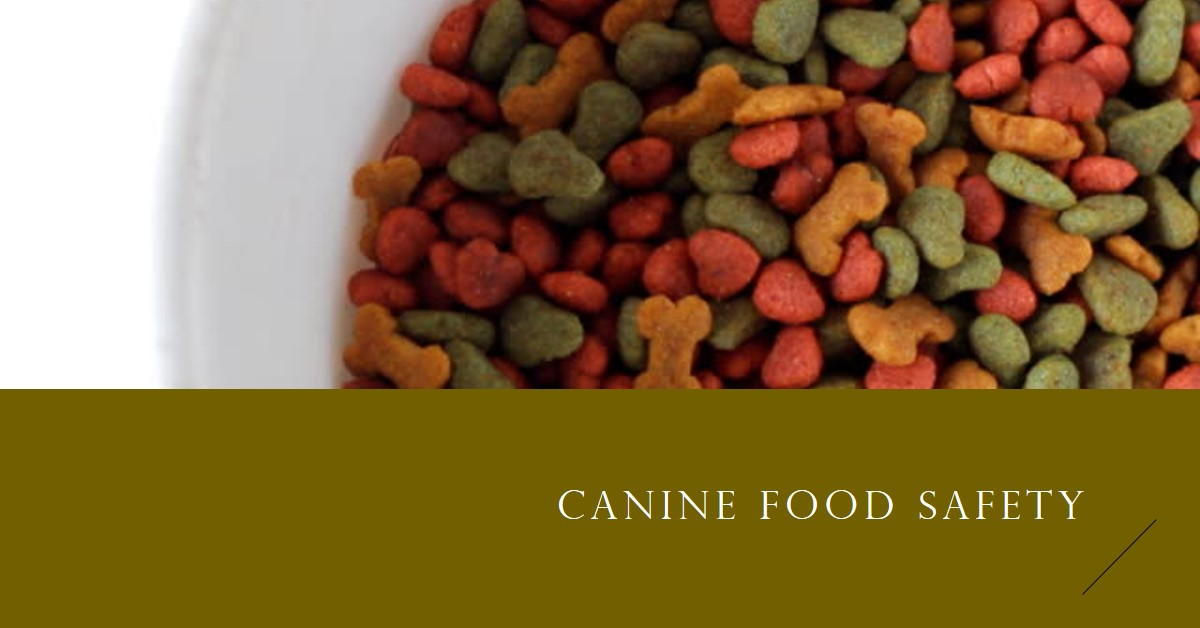As a responsible pet owner, understanding canine food safety is crucial to keeping your dog healthy and happy. Dogs have different nutritional needs and digestive systems than humans, and some foods that are safe for us can be harmful or even deadly to them. This article will outline the foods that are toxic to dogs, helping you avoid accidental ingestion and keep your furry friend safe.
1. What Foods Are Toxic for Dogs?
Some common human foods can be toxic to dogs. Knowing which foods to avoid can prevent serious health issues.
Common Human Foods Toxic to Dogs
| Food | Toxic Component | Effects on Dogs |
|---|---|---|
| Chocolate | Theobromine | Vomiting, diarrhea, rapid breathing |
| Grapes & Raisins | Unknown | Kidney failure, lethargy, vomiting |
| Onions & Garlic | Thiosulfate | Damage to red blood cells, anemia |
| Alcohol | Ethanol | Vomiting, diarrhea, central nervous system depression |
| Coffee & Caffeine | Caffeine | Hyperactivity, tremors, seizures |

What Human Food Can Dogs Eat?
While many human foods are dangerous for dogs, there are plenty that are safe and even beneficial.
Human Foods Safe for Dogs
| Food | Benefits |
|---|---|
| Carrots | Low-calorie, good for teeth and vision |
| Apples | Source of vitamins A and C |
| Chicken | Lean protein, essential nutrients |
| Peanut Butter | Protein, healthy fats (unsweetened) |
| Pumpkin | Fiber, aids in digestion |
2. Fruits and Vegetables That Harm Dogs
Certain fruits and vegetables can be harmful to dogs, despite being healthy for humans.
Table: Toxic Fruits and Vegetables for Dogs
| Fruit/Vegetable | Toxic Component | Effects on Dogs |
|---|---|---|
| Avocado | Persin | Vomiting, diarrhea, heart congestion |
| Cherries | Cyanide (in pits) | Difficulty breathing, red gums |
| Tomato (green parts) | Solanine | Gastrointestinal upset, weakness |
| Rhubarb | Oxalates | Tremors, kidney failure |
| Mushrooms (wild) | Various toxins | Vomiting, diarrhea, liver damage |
Foods Dogs Can Eat
While some fruits and vegetables are toxic, many are perfectly safe and nutritious for dogs.
Safe Fruits and Vegetables for Dogs
| Fruit/Vegetable | Benefits |
|---|---|
| Blueberries | Antioxidants, vitamins C and K |
| Bananas | Potassium, fiber, vitamins |
| Sweet Potatoes | Vitamins A and C, fiber |
| Green Beans | Low-calorie, vitamins |
| Watermelon | Hydration, vitamins A, B6, and C |

3. Dangerous Grains and Processed Foods
Some grains and processed foods can pose serious health risks to dogs.
Dangerous Grains and Processed Foods for Dogs
| Food | Toxic Component | Effects on Dogs |
|---|---|---|
| Bread Dough | Yeast | Bloating, alcohol poisoning |
| Macadamia Nuts | Unknown toxin | Weakness, vomiting, tremors |
| Processed Meats | High salt and fat | Pancreatitis, obesity, sodium poisoning |
| Corn on the Cob | Obstruction hazard | Gastrointestinal blockage |
| Xylitol (sugar-free products) | Xylitol | Insulin release, hypoglycemia, liver failure |
What Foods Can Dogs Not Eat?
Knowing which foods to avoid is critical in preventing accidental poisoning.
Additional Foods Dogs Should Not Eat
| Food | Toxic Component | Effects on Dogs |
|---|---|---|
| Nuts (various) | High fat content | Pancreatitis, gastrointestinal upset |
| Milk and Dairy | Lactose | Diarrhea, digestive upset |
| Fat Trimmings | High fat content | Pancreatitis |
| Raw Eggs | Avidin | Biotin deficiency, food poisoning |
| Salt | Sodium | Excessive thirst, urination, sodium poisoning |
4. Signs of Food Poisoning in Dogs
Recognizing the signs of food poisoning can save your dog’s life. If your dog shows any of these symptoms, contact your veterinarian immediately.
Signs of Food Poisoning in Dogs
| Symptom | Description |
|---|---|
| Vomiting | Frequent or severe vomiting |
| Diarrhea | Loose, watery stools |
| Lethargy | Unusual tiredness or weakness |
| Excessive Drooling | Increased salivation |
| Seizures | Convulsions or fits |
| Abdominal Pain | Whining, restlessness, sensitivity |
| Loss of Appetite | Refusal to eat |
5. What to Do If Your Dog Eats Toxic Food
If your dog ingests something toxic, immediate action is essential. Here are steps to take if your dog eats harmful food.
Steps to Take if Your Dog Eats Toxic Food
| Step | Action |
|---|---|
| Identify the Food | Determine what and how much was eaten |
| Call Your Vet | Contact your veterinarian immediately |
| Follow Instructions | Administer any advice or treatments |
| Avoid Inducing Vomiting | Do not induce vomiting without vet’s advice |
| Monitor Your Dog | Keep a close eye on symptoms and behavior |
6. Preventing Accidental Ingestion of Toxic Foods
Preventing your dog from eating toxic foods involves vigilance and careful management of their environment.
Tips for Preventing Accidental Ingestion
| Tip | Description |
|---|---|
| Store Foods Securely | Keep toxic foods out of reach |
| Supervise Mealtimes | Watch what your dog eats during meals |
| Educate Family and Guests | Ensure everyone knows which foods are toxic |
| Use Dog-Proof Containers | Store food in secure, dog-proof containers |
| Be Cautious with Scraps | Avoid feeding table scraps |
Conclusion: Keeping Your Dog Safe from Harmful Foods
Keeping your dog safe from harmful foods is a vital part of responsible pet ownership. By understanding which foods are toxic, recognizing the signs of food poisoning, and knowing what to do in case of an emergency, you can protect your dog from potential dangers. Always consult your veterinarian for guidance on your dog’s diet and health.
By following these guidelines and being vigilant about what your dog eats, you’ll help ensure they live a long, healthy, and happy life.
Also Read:
- Printable list of foods dogs can and cannot eat
- Useful and Printable List of human food dogs can eat


